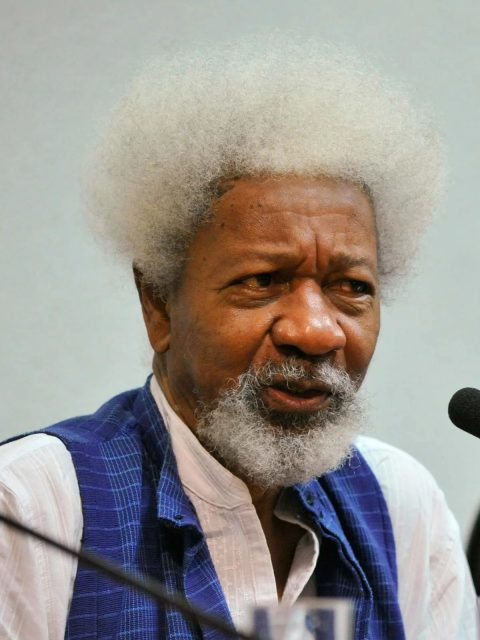English Key Points; Types of Nouns; These topics are suitable for English Language students in the following classes: JAMB, Post-UTME, IJMB, and WAEC/NECO students.
A noun is a word that refers to a specific person, place, or thing. Although the term “things” may sound incredibly ambiguous, it refers to inanimate objects, concepts, and actions in this context. The phrase “jogging is a nice exercise” is an example of how phrases and other parts of speech can behave like nouns and serve as the subject of a sentence. Jogging, a verb here functions as a noun and is the sentence’s subject.
HAVE YOU USED OUR JAMB TOOL YET? IT PROVIDES YOUR JAMB COMBINATION FOR FREE
Types of nouns
Common nouns
Common nouns are words that refer to ambiguous or general individuals, communities, or objects. For instance, the word “country” is a common noun that designates a general location, whereas the word “Canada” designates a particular location. Common nouns are only capitalized at the beginning of sentences or when they appear in names or titles, such as Grand Canyon or Iron Man.
Examples; House, girl, woman, boy, etc.
Proper nouns
Proper nouns aid in identifying a particular person, place, or item. These words need to be capitalized. Proper nouns are constantly used as names and titles for objects, such as the company name Student Village and the individual name Jenny.
Examples; Student Village, Lagos, America, Kwara, etc.
Concrete nouns
Something that can be experienced by the five senses is referred to be a concrete noun. A tangible noun is used when anything is something you can see, hear, touch, taste, or smell.
Examples; Apple, Table, Rabbit, Ear, etc.
Abstract nouns
Abstract nouns, such as social notions, political ideologies, and personality qualities, are intangible concepts that cannot be sensed by the five senses. For instance, the abstract noun anger denotes an emotion, whereas the abstract noun courage denotes a personal trait.
Examples; Anger, love, hate, Courage, Happiness, etc.
Collective nouns
A collective noun is a word that refers to a group of individuals or objects while also acting as a singular noun. A group that operates as a single entity or carries out the same action simultaneously is referred to by a collective noun.
Examples; Herd of cattle, a Crowd of people, a Swarm of fishes, a battalion of soldiers, etc.
Compound nouns
A compound noun is a noun formed from two or more words. Compound nouns can have the form of one word, several words used independently, or words joined together by hyphens.
Examples; Dry-cleaning, jack-in-the-box, ice cream, etc.
Countable nouns
A noun that can be counted is referred to as a countable noun.
Examples; Tables, apples, children, etc.
Uncountable nouns
A noun that cannot be numbered is referred to as an uncountable noun or a mass noun. For instance, joy cannot be measured numerically. The words “a happiness” or “three happinesses” are not used. Plural forms are frequently absent from uncountable nouns.
Examples; Water, joy, happiness, wisdom, salt, sugar, advice, etc.
The vast majority of words in English are nouns. As individuals develop new concepts, media, and technologies, there are more nouns every year. The fundamental role of a noun, however, remains constant. It is a person, place, or object.








